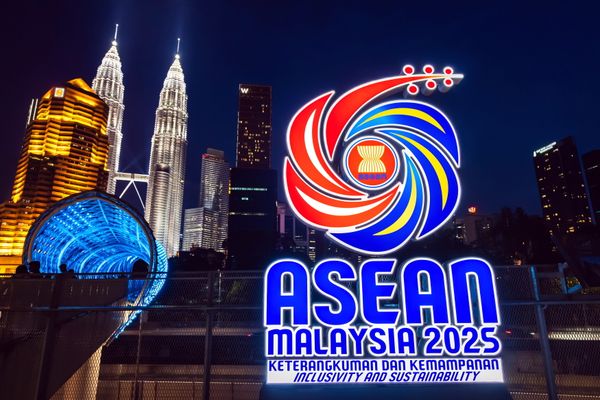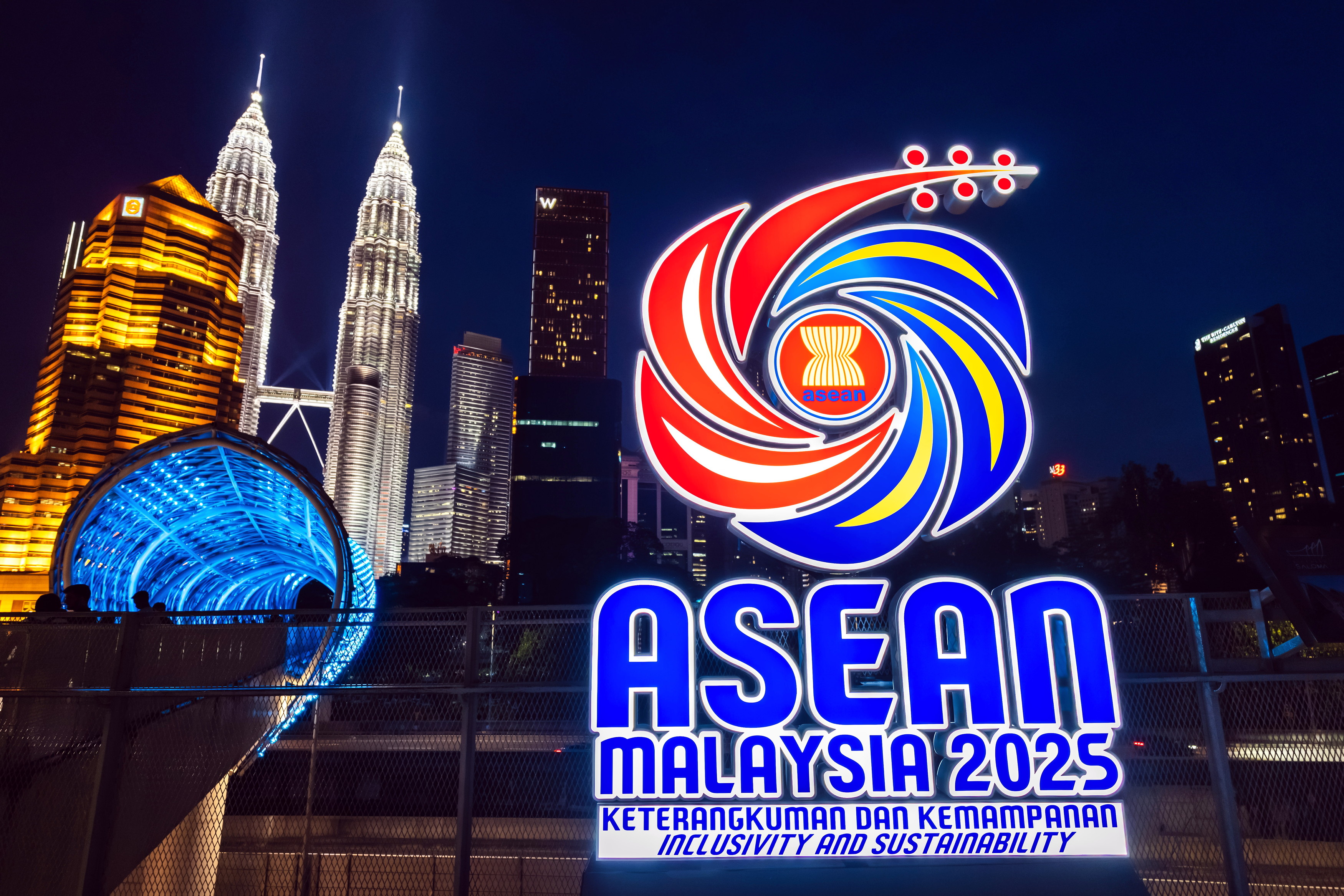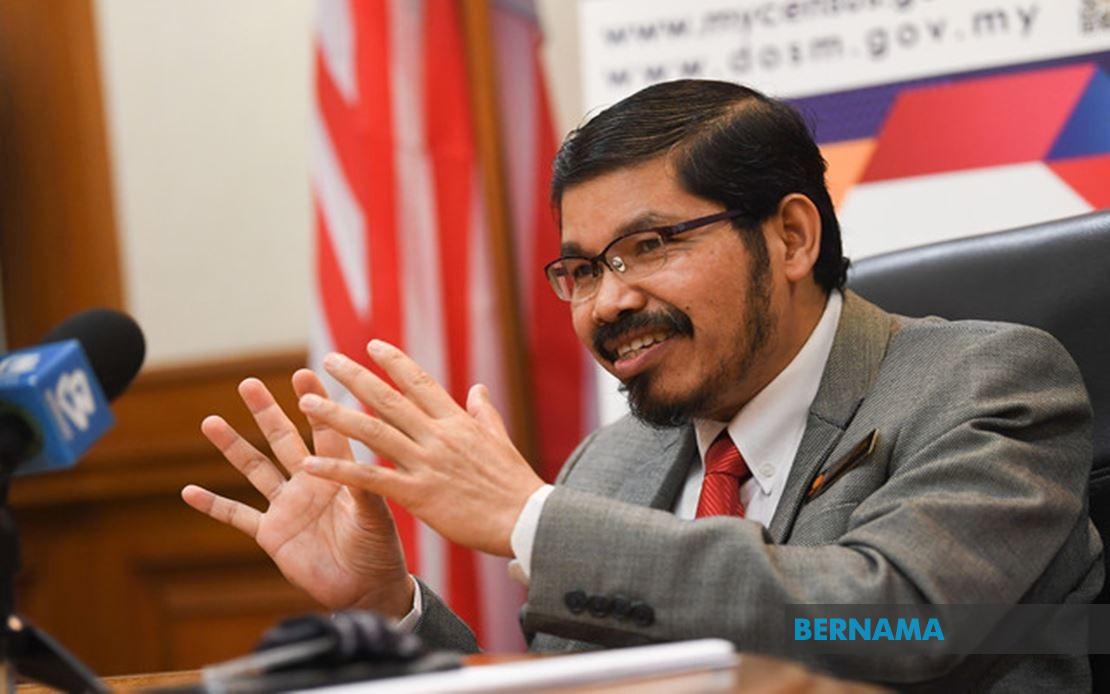KUALA LUMPUR, Aug 11 — Malaysia, as Asean chair, has reiterated its commitment to building a more cohesive, inclusive, and data-driven Asean, according to the Statistics Department (DOSM).
In a statement, DOSM said Malaysia aimed to strengthen statistical capacity, harmonise regional indicators, and ensure measurable, meaningful progress that reflected confidence in regional solidarity, informed governance, and a shared data-driven future.
Chief statistician Datuk Seri Mohd Uzir Mahidin said that to fulfil the commitment to leave no one behind, a clear understanding of current situations require relevant, reliable, and accurate indicators and data that reflects not only regional performance but also the people’s lived experiences.
“Therefore, Asean Member States (AMS) play a crucial role in this effort, and National Statistics Offices (NSOs) serve not only as data producers but also as strategic facilitators for evidence-based development,” said Uzir, who is also chairman of the 15th Asean Community Statistical System Committee (ACSS).
Regarding the 8th Working Group Meeting on Sustainable Development Goals Indicators (WGSDGI), DOSM said it gathered 29 delegates from AMS and the Asean Secretariat (Aseanstats), including virtual participation from Cambodia, Laos, and Myanmar.
The meeting, held in Putrajaya on August 5 and 6, aimed to finalise agreements on the Asean Statistical Indicators-Consolidated Template, discuss the Asean SDG Indicators 2025 Progress Report, and review the WGSDGI Multi-Year Plan (MYP) 2026-2030, as well as update the Annual Work Plan (AWP) 2026.
Among the agreements reached was that the Asean SDG Indicators 2025 Progress Report is expected to be published in September this year.
“The WGSDGI 2026-2030 MYP aligns with the ACSS vision and mission and is developed based on the ACSS Action Plan 2026-2030. The 2026 AWP will be formulated based on the 2026-2030 MYP.
“The Asean Helping Asean Framework (AHAF) will continue to be strengthened through AMS collaboration in identifying needs and expertise that can be leveraged to enhance regional cooperation,” the statement added.
The meeting also discussed updated WGSDGI needs and expertise under AHAF, Asean-United Nations women cooperation on gender statistics, and progress on a pilot study for Small Area Estimation.
WGSDGI serves as a working platform for AMS with a primary focus on ensuring the achievement and monitoring of SDG indicators among Asean countries.





